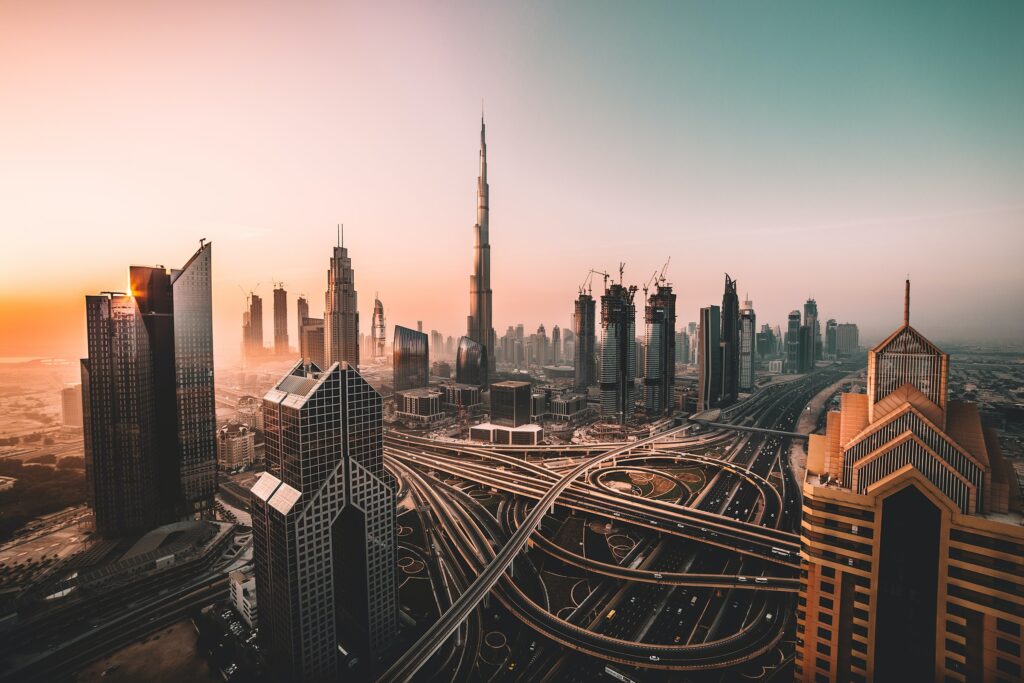The world has been through a tumultuous time, grappling with a global pandemic that has affected every aspect of our lives. One of the most significant areas impacted is travel. The joy and excitement of planning vacations have been overshadowed by travel anxiety, gripping many individuals tightly as they navigate the uncertainties of the post-pandemic world. In this article, we will explore the various factors contributing to travel anxiety and provide guidance to alleviate these fears. So, grab your virtual passport and join us on this journey of understanding and conquering travel anxiety in a changed world.
Travel Anxiety Grips Many While Planning for Vacations in the Post-Pandemic World
Travel anxiety is an unwelcome companion that has emerged from the shadows of the pandemic, dampening the spirits of wanderlust enthusiasts. The fear of contracting the virus, uncertainties around travel restrictions, and concerns over safety have all contributed to this gripping anxiety. However, it is essential to acknowledge that while travel anxiety is valid, it shouldn’t completely halt our dreams of exploring new horizons. Let’s delve deeper into the various aspects that fuel this anxiety and discover effective ways to overcome it.
The Impact of the Pandemic on Travel Anxiety
The COVID-19 pandemic has left an indelible mark on our psyche, altering our perceptions of safety and security. The fear of contracting the virus while traveling has become a primary concern for many individuals. The constant barrage of news highlighting rising case numbers, new variants, and breakthrough infections intensifies this fear. The looming question of “Is it safe to travel?” echoes in the minds of travelers worldwide, further exacerbating travel anxiety.
Factors Contributing to Travel Anxiety
1. Health and Safety Concerns
The first and foremost factor that fuels travel anxiety in the post-pandemic world is the concern for health and safety. Travelers worry about being exposed to crowded airports, airplanes, and tourist destinations where maintaining physical distancing might be challenging. The fear of contracting the virus and its potential impact on personal health and well-being looms large, leading to heightened anxiety.
2. Uncertainty Surrounding Travel Restrictions
Another significant contributor to travel anxiety is the ever-changing landscape of travel restrictions. Different countries have varying entry requirements, quarantine protocols, and vaccination mandates. Navigating this intricate web of rules and regulations can be overwhelming, leaving travelers unsure if their plans will materialize or crumble at the last moment. The uncertainty surrounding travel restrictions adds an extra layer of stress and anxiety to the planning process.
3. Fear of Canceled or Disrupted Travel Plans
The pandemic has taught us that plans can change abruptly. Many travelers face the harrowing experience of canceled flights, closed borders, and disrupted itineraries. The fear of investing time, effort, and money into planning a vacation, only to have it derailed due to unforeseen circumstances, looms large. The anticipation of potential disappointments can intensify travel anxiety, making it difficult for individuals to commit to their travel dreams fully.
4. Financial Concerns and Budget Constraints
Traveling often comes with financial implications. The economic downturn caused by the pandemic has left many individuals grappling with financial uncertainties. Budget constraints and the fear of unexpected expenses while traveling can further fuel anxiety. The worry of overstretching limited resources or facing unexpected financial burdens can dampen the excitement of planning a vacation.
5. Emotional Readjustment to Traveling
After being confined to our homes and localities for an extended period, venturing out into the world again can be emotionally challenging. The shift from a cocooned existence to the vastness of unfamiliar surroundings can trigger feelings of unease and discomfort. Rebuilding the confidence to navigate new places, cultures, and experiences can be a daunting task, contributing to travel anxiety.
Overcoming Travel Anxiety in the Post-Pandemic World
Travel anxiety may seem overwhelming, but it is not insurmountable. By implementing practical strategies and adopting a proactive mindset, individuals can gradually overcome their fears and anxieties associated with travel. Here are some effective ways to ease travel anxiety in the post-pandemic world:
1. Stay Informed and Plan Ahead
Knowledge is power, especially when it comes to managing travel anxiety. Stay updated with the latest travel advisories, restrictions, and safety guidelines provided by reliable sources such as the World Health Organization (WHO) and the Centers for Disease Control and Prevention (CDC). Research your destination thoroughly, including local regulations, vaccination requirements, and healthcare facilities. Planning ahead can help alleviate uncertainties and provide a sense of control over the travel process.
2. Choose Safe and Low-Risk Destinations
To ease travel anxiety, consider opting for destinations that have implemented robust safety measures and have lower COVID-19 transmission rates. Research countries or regions with high vaccination rates, efficient healthcare systems, and a history of successfully managing the pandemic. Selecting low-risk destinations can significantly reduce the anxiety associated with potential health hazards.
3. Take Precautionary Measures
Embrace precautionary measures to minimize the risk of infection while traveling. Follow the recommended guidelines, such as wearing masks, practicing hand hygiene, and maintaining physical distancing. Carry essential sanitizing supplies, including hand sanitizers, disinfectant wipes, and face masks. Taking these preventive steps can provide a sense of security and reduce anxiety.
4. Consider Travel Insurance
Investing in comprehensive travel insurance can provide financial protection and peace of mind. Look for policies that cover trip cancellations, medical emergencies, and travel interruptions. Review the terms and conditions of the insurance policy carefully to understand what is covered and what is not. Having travel insurance can alleviate concerns about unexpected expenses and unforeseen circumstances.
5. Plan Flexibility into Itineraries
In a rapidly changing world, flexibility is key. Incorporate flexibility into your travel plans by booking refundable accommodations and flights whenever possible. Research airlines and hotels with flexible cancellation and rescheduling policies. This way, if circumstances change unexpectedly, you can modify your plans without incurring significant financial losses, easing travel anxiety.
6. Seek Support from Travel Communities
Join online travel communities and forums where individuals share their experiences, tips, and advice. Engaging with fellow travelers can help normalize your fears and provide reassurance. Hearing success stories and learning from others’ experiences can instill confidence and reduce travel anxiety. Remember, you are not alone in this journey.
Conclusion
Travel anxiety may grip many while planning vacations in the post-pandemic world, but it should not prevent us from embracing the joy of exploration. By acknowledging our fears, staying informed, and taking practical steps to mitigate risks, we can navigate the travel landscape with greater confidence and peace of mind. Remember, travel is a transformative experience that allows us to broaden our horizons, create lifelong memories, and reconnect with the world. So, pack your bags, leave your anxieties behind, and embark on a journey of rediscovery.
FAQs:
Travel Anxiety in the Post-Pandemic World
Q: Is it normal to feel anxious about traveling after the pandemic?
A: Absolutely! The pandemic has shaken the foundations of our travel routines and perceptions. Feeling anxious about traveling is a natural response to the uncertainties and risks associated with the post-pandemic world.
Q: How can I overcome my fear of contracting the virus while traveling?
A: Focus on practicing preventive measures such as wearing masks, maintaining hand hygiene, and practicing physical distancing. Stay informed about the latest safety guidelines, and choose destinations that have implemented robust safety protocols.
Q: Should I postpone my travel plans due to travel anxiety?
A: It depends on your comfort level and risk tolerance. If your anxiety is preventing you from enjoying the experience or compromising your health, it might be wise to postpone your plans. However, consider gradually exposing yourself to travel experiences and seeking professional help if needed.
Q: How can I manage my financial concerns associated with travel?
A: Set a realistic budget for your trip and plan your expenses accordingly. Research affordable accommodation options, look for travel deals, and consider using loyalty points or travel rewards. Having a financial plan in place can alleviate financial anxieties.
Q: Can travel insurance help ease my travel anxiety?
A: Yes, travel insurance can provide a safety net by covering unforeseen expenses, trip cancellations, and medical emergencies. It can provide peace of mind and reduce the financial risks associated with travel.
Q: What if I feel overwhelmed during my trip due to travel anxiety?
A: Practice self-care techniques such as deep breathing, mindfulness, or engaging in activities that relax you. Take breaks when needed and prioritize your mental well-being. Remember, it’s okay to modify your plans if you feel overwhelmed.



